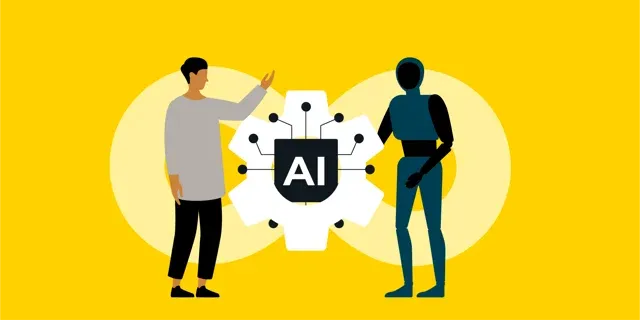The Future of Development: Why Engineers Must Evolve in the Tech Industry
1. AI is Not Just the Future – It’s the Present
AI tools like ChatGPT, Midjourney, Copilot, and others have revolutionized the way we code, design, and analyze data. Developers must now learn how to leverage AI to boost productivity rather than fear it. Those who understand AI integration, prompt engineering, and AI-based automation will stay ahead of the competition.
2. Programming is Shifting – But Still Vital
While tools like no-code and low-code platforms are becoming popular, traditional programming languages like Python, JavaScript, and SQL are still core to serious development. But now, knowing a language isn’t enough — you must also learn how to build efficient, scalable, and maintainable code with proper architecture and testing.
3. Cloud Computing is the New Default
Whether you're hosting a website, running an API, or managing a data pipeline, cloud platforms like AWS, Google Cloud, and Azure are becoming essential. Engineers must learn how to deploy, scale, and secure applications in the cloud. Kubernetes, Docker, and Terraform are must-know tools in this domain.
4. Data is the New Oil
Every company is now a data company. Even if you're not in data science, as a developer or engineer, you must understand how to work with data. This includes using pandas for analysis, SQL for databases, and tools like Power BI or Tableau for visualization.
5. DevOps and Automation are Key
Gone are the days of manual deployment and code pushes. Today’s engineering teams rely on CI/CD pipelines, version control with Git, and automated testing. Learning DevOps principles not only improves team efficiency but also helps reduce bugs and downtime.
6. Cybersecurity Skills Are a Must
As systems grow more complex, so do the threats. Even if you're not a security expert, you must know the basics of secure coding, HTTPS, data encryption, authentication, and user roles.
7. Freelancing is Booming – But Competitive
Freelancing websites like Fiverr, Upwork, and Toptal are filled with developers offering services in Python, web development, data analysis, and AI. But to succeed, you must stand out. Build a strong portfolio, specialize in high-demand areas like AI or cloud, and learn soft skills like communication and client management.
8. Keep Learning or Be Left Behind
In tech, skills expire fast. What was hot in 2022 is often outdated by 2025. That’s why continuous learning through platforms like Coursera, YouTube, GitHub, and newsletters is essential. Build side projects, contribute to open source, and stay active in online communities.
9. Collaboration and Communication Matter
Engineering isn’t just about code. It’s about solving problems with a team. Tools like Slack, Zoom, Jira, and Notion are used globally. If you want to work in remote teams or global companies, communication and collaboration skills are just as important as technical skills.
10. Final Thoughts: Adaptability is Your Superpower
The future of technology is exciting, but it’s also uncertain. The only way to succeed is to embrace change. Whether it’s switching languages, learning cloud tools, adapting to AI, or going freelance, your ability to adapt will define your success.
Great developers never stop learning. The tech world rewards the curious, the bold, and the fast movers.

Good
ReplyDelete